In 2018, coffee prices have fallen sharply, reaching, in September, the lowest price per pound since 2006. Which are the causes? Who is affected the most?
Coffee Prices Decline, Why It Happened And How To Stop It
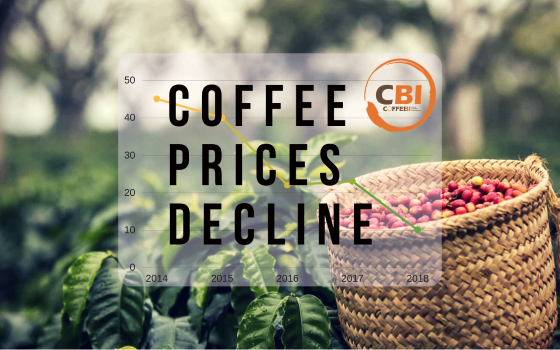

In 2018, coffee prices have fallen sharply, reaching, in September, the lowest price per pound since 2006. Which are the causes? Who is affected the most?
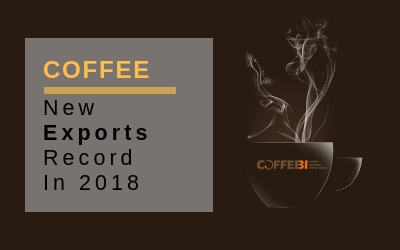
According to the latest report from the International Coffee Organization, 2018 is set to become the best year in coffee exports.
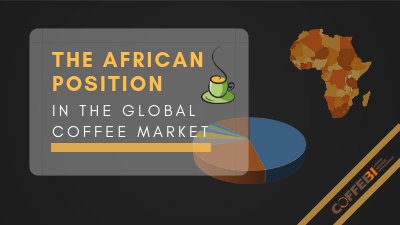
The ICO estimates that global coffee demand will increase by 10.5 million tons of coffee by 2020. The global situation is benefiting the African market. Learn more…
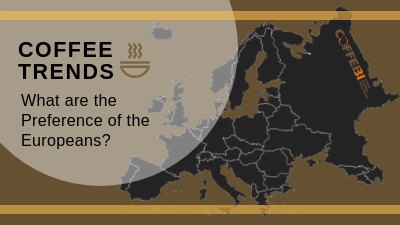
The European market is a highly knowledgeable one, but most European coffee consumers cannot tell the quality difference in products. So, where are consumers driving their preferences?

In China, some market conditions are different. A low number of coffee shops compared to the population, especially in large towns, and the boost in coffee consumption (at two-digits) in particular out of home.
The hot coffee delivery is, therefore, a new opportunity to satisfy the large coffee demand.
At the moment, there is no available data to see if the delivery system will be appreciated by customers, the fact is that the giant coffee chain Starbucks is also moving towards signing a partnership with Alibaba, China’s largest online retailer, to launch delivery services in September. The new deal will see Starbucks integrate a “virtual store” in online shopping and payment apps.
The hot coffee delivery model, launched by the Chinese company Luckin, is fueling the debate among operators: May this new model change coffee habits?

As explained by Qian Zhiya, Luckin Coffee founds its business model starting from some weak points of coffee shops in China: high prices and lack of presence. “In western countries, the price of a cup of coffee consists of only 1/1,000 of people’s monthly income. In contrast, it is almost 1/100 for people living in China”. “Also, the number of coffee shops in the mainland is very limited. As opposed to Taiwan, where the population of 23.5 million enjoys over 5,000 CITY CAFE shops (a brand launched by 7-Eleven), there are only 300 Starbucks stores in Beijing, a city populated with 29 million people”. Find out more about Luckin.

According to the National Coffee Association (NCA), the percentage of Americans drinking coffee every day has risen from 57% to 62% over the past year. Now that is quite an impressive increase! Another factor that has caused this increase was the media attention surrounding a study on coffee consumption published in the journal Annals of Internal Medicine in August 2017. It was the largest ever study based on coffee and mortality which involved more than 520,000 people in 10 European countries. The results were quite dumbfounding, as it concluded that drinking more coffee could significantly improve a person’s life expectancy.
So what has caused this surge to happen?
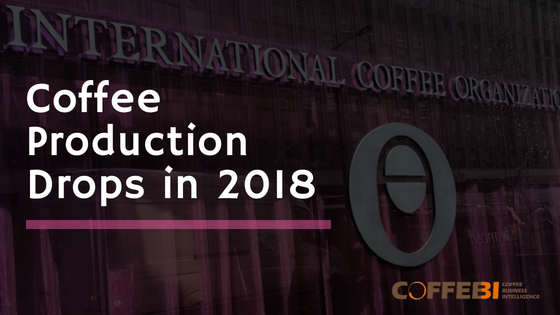
Despite the previous Ico’s previsions, which forecasted an increase in coffee production, according to the recent Ico’s report, in 2018, Global coffee production was estimated at 158.56 million bags, 0.3% lower than 2017. Arabica output is expected to decline by 6.6% to 97.16 million bags Robusta production is predicted to grow by 11.5% to 61.40 million bags In regards to

Transport hubs have long been places where coffee shops have had a presence, and to some extent the trends in coffee consumption have been reflected here – in particular the spread of chain coffee shops. Some of the chains have recognised that transport hubs need to begin to shift their coffee offerings too – in 2017 Starbucks opened a 24 hour

The Middle East and Gulf region has a market of between 4.5 and 5 million 60-kilogram bags. As the main hub for the region, Dubai has long been the trend setter for the region and at the center of any new development.
The first 3 Arab countries leading the list of coffee consumers (kg per capita) are: Lebanon, Algeria and Qatar, Egypt.